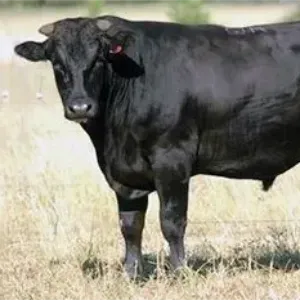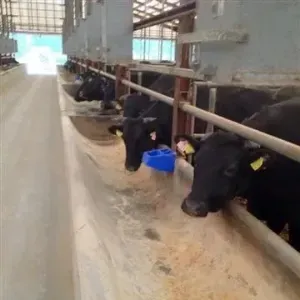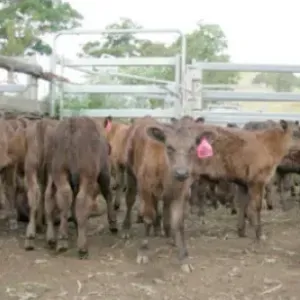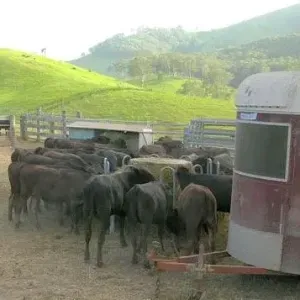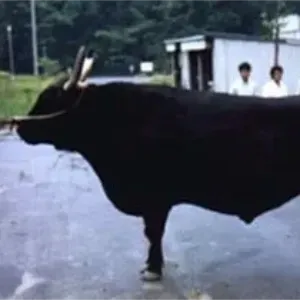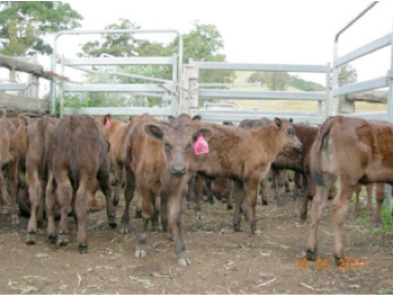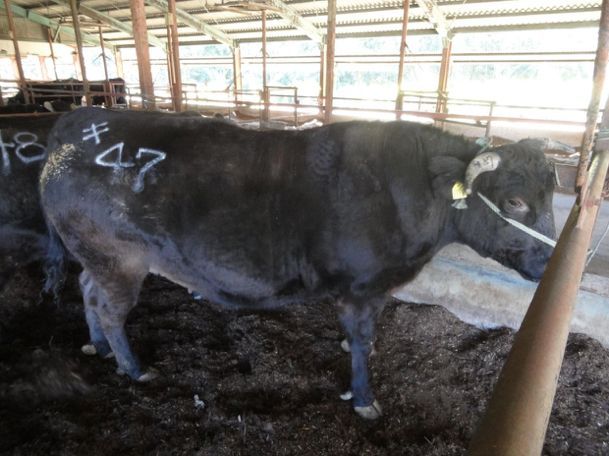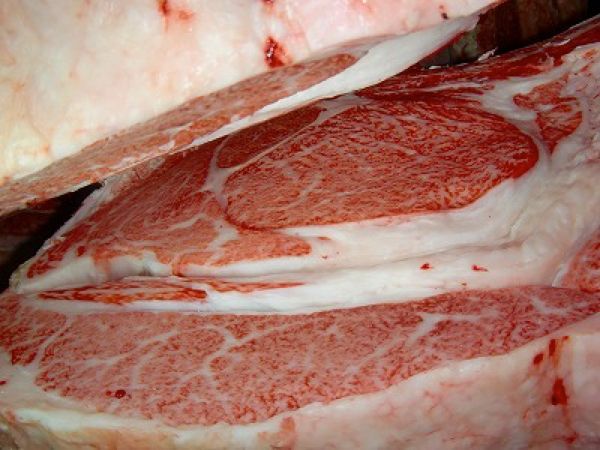Australian Ginjo Wagyu Forum
Objective information on the production of Japanese black cattle
Home of the Ginjo Wagyu Herd
Founded in 2007 by Suzuki Farms’ Tak Suzuki and Ginjo Wagyu’s Mike Buchanan, the aim of the Australian Ginjo Wagyu Forum (AGWF) has been to provide objective information on the production of Japanese Black cattle.
We combine resources in ‘Plain English’, allowing access to specialist Japanese animal science, reviews of breed development initiatives outside Japan and offer extensive Australian Wagyu production experience.
Website Ownership Changes
From 2016 until early 2022, the website was funded solely by Ginjo Wagyu until being purchased by the Hancock family.
In February 2022, the Ginjo Wagyu brand, the (AWA ID: GIN), with the core breeding group, all related genetics and intellectual property including the AGWF site were sold to Peter & Karen Hancock (Hancock Family Trust) of ‘Ardentrive’, Roma, Queensland, as part of a major expansion of their Wagyu production. (See Contact details.)
The Hancock family plan to enhance the website, in addition to publishing Ginjo herd development news and livestock marketing information. Mike Buchanan continues to breed Japanese Blacks through Buchanan Wagyu (AWA ID: BUC)
What Bird Is That?
The Yatagarasu Story
The three-legged crow of Japanese mythology, Yatagarasu, depicted in Ginjo Wagyu advertising, symbolises divine guidance, re-birth and rejuvenation.
It is the official symbol of the Japanese Football Association. Throughout Asia, mythic three-legged crows are associated with the sun (and, therefore, life).
In Inuit (and much Native American) mythology, the crow is responsible for light and the birth of the world. In the Ginjo context, the Yatagarasu acknowledges Japanese guidance.
Wagyu News & Market Updates
Disclaimer
General breed information on this site has always been a ‘work in progress’. Older sections on Australian and Japanese breeding metrics such as EBVs and Indexes were believed to be accurate at the time of publication but may not always be fully up to date. Where possible, reference dates for most AWF website data are included within the text.
The site is independent of any industry association, authority or commercial sponsor. Advice that may be implied by information on the site should be treated as general in nature. Readers should seek specific expert advice for their individual circumstances in their decision-making and investment in this area.


